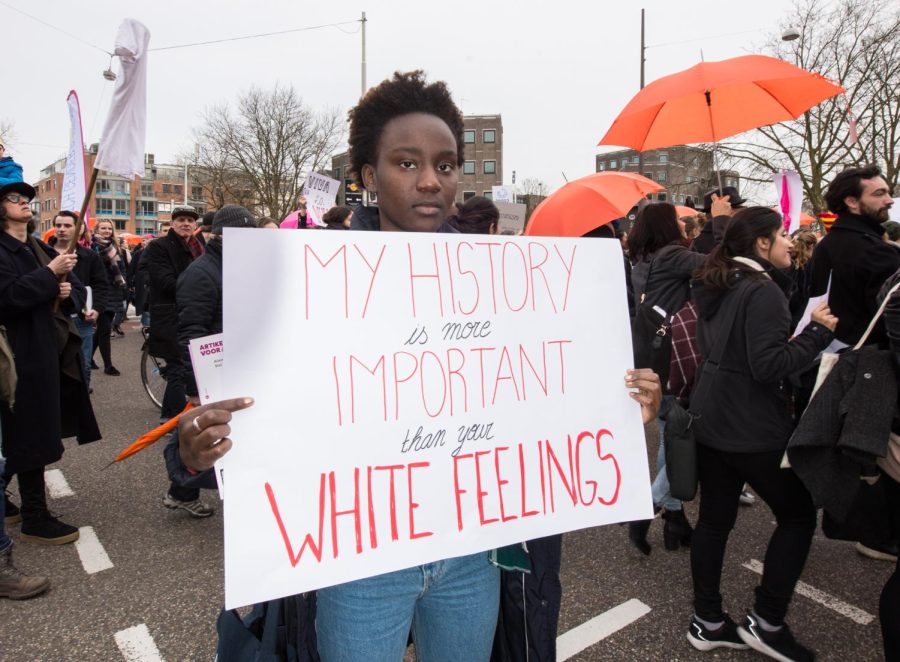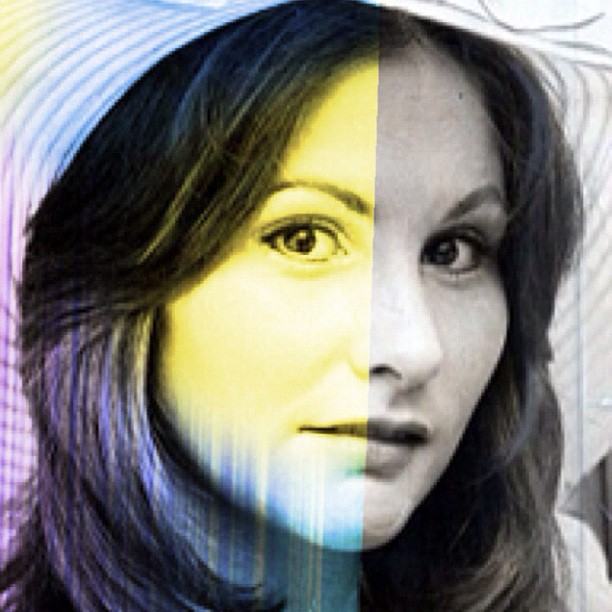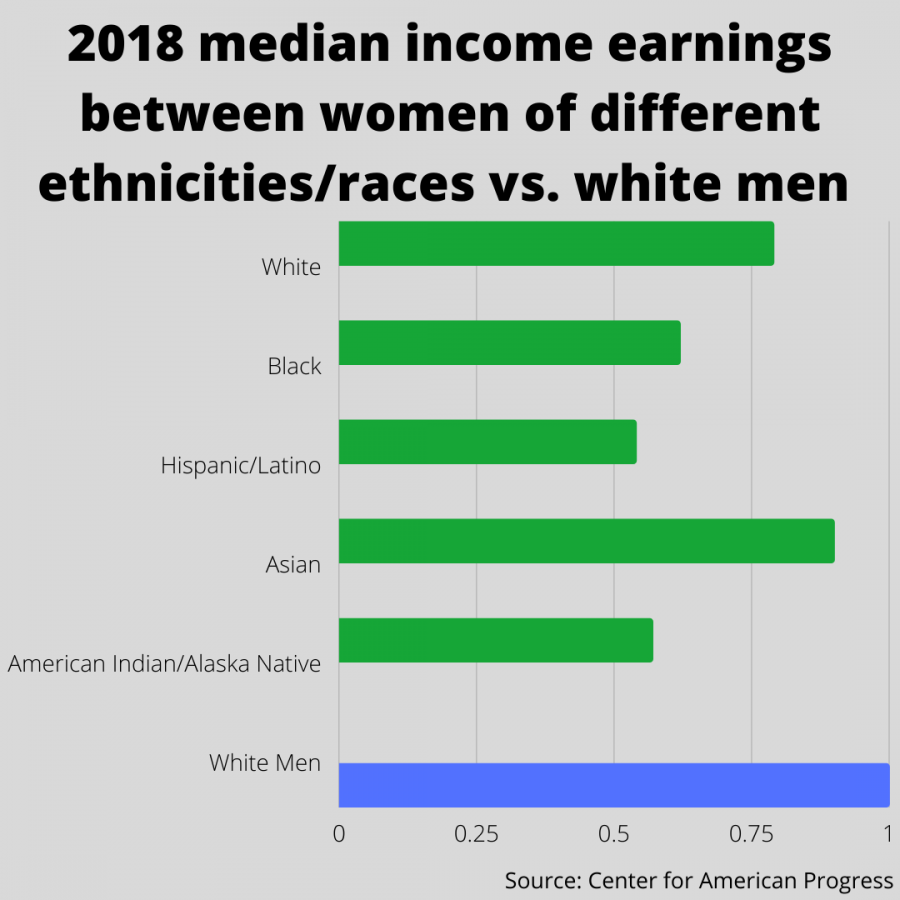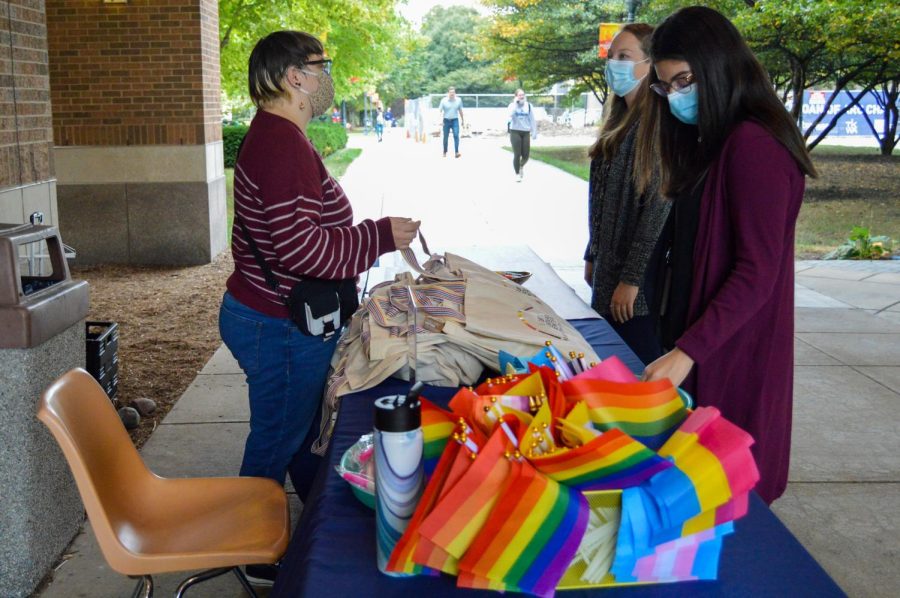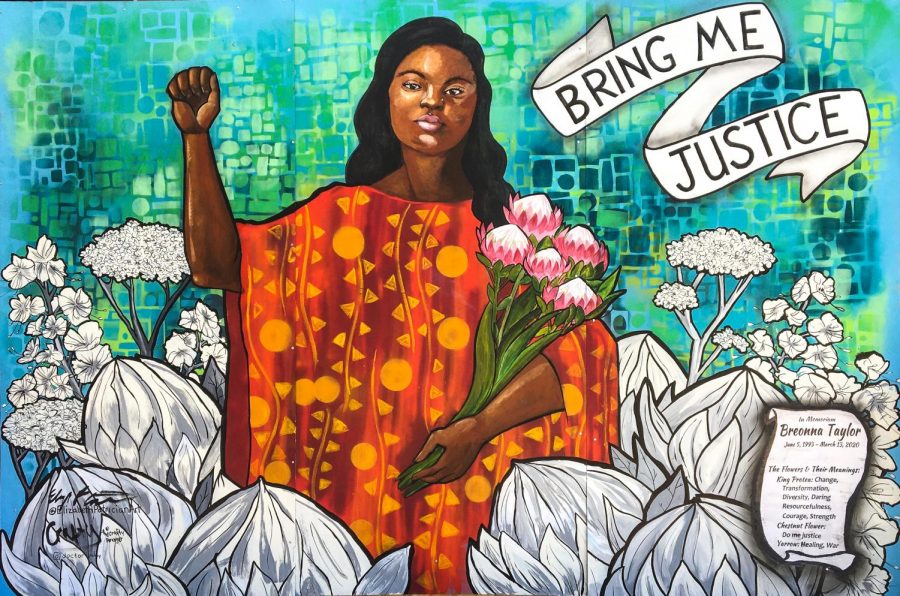The HBO dramedy “Girls,” written by and starring Lena Dunham, is one of my favorite shows on television. The show follows the lives of four 20-something women living in New York City, drawing on all of the least glamorous parts of growing up and finding yourself.
I relate to the series mainly because I am a young woman, but also because I am white. You see, all four of the show’s leading ladies are Caucasian and come from comfortable middle-class backgrounds.
Dunham isn’t the first television writer to avoid diversity in her scripts, but when she calls herself the ‘voice of her generation’ and leaves a significant portion of that generation out of the narrative, it becomes apparent who she’s really speaking for.
Dunham, much like Amy Shumer, Taylor Swift, Jennifer Lawrence and several other white female celebrities, has been criticized as an exemplar of “White Feminism.”
Under the guise of the ‘feminist’ umbrella white feminists prioritize the needs of cis, heteronormative white women above those of women of color and queer women.
White female celebrities promoting body positivity, equal pay for women and de-sexualization of the female body isn’t a bad thing. The problem is that these same celebrities, while championing mainstream feminism, contribute to the oppression of other marginalized groups.
Both Swift and Schumer are guilty of normalizing cultural appropriation, Dunham is currently in hot water for sexualizing and stereotyping a black athlete, and white celebrities across the board are guilty of exoticizing minority men and women. When the public attempts to hold these celebrities accountable, they respond either with apathy or self-indulgence.
If you’re feeling inundated by “made-up liberal vocabulary,” the only word you really need to know and understand regarding this topic is ‘intersectionality.’
Discrimination and systematic oppression typically refers to race, gender or sexual orientation, but rarely considers what happens when a person’s identity prompts compounding discrimination. Intersectionality addresses that overlap.
Kimberle Crenshaw, who coined the term, explains it as such:
“Consider an analogy to traffic in an intersection, coming and going in all four directions. Discrimination, like traffic through an intersection, may flow in one direction, and it may flow in another. If an accident happens in an intersection, it can be caused by cars traveling from any number of directions and, sometimes, from all of them. Similarly, if a Black woman is harmed because she is in an intersection, her injury could result from sex discrimination or race discrimination. . . .”
As a white woman who identifies as a feminist, I understand the struggle. I can’t adequately defend minority women because I’m not one. And when I’m called out for exemplifying white feminism, it’s hard not to defend myself with “not all white women …” but doesn’t that sound all too familiar?
#notallmen
#alllivesmatter
Etc.
As college students in a heavily segregated city, we’re aware of discussions of racial equality, and as human beings with mothers and sisters, we’re all familiar with discussions of gender equality.
Why is it so hard to imagine these lines might cross? Feminism strives for equality, and an important component of equality is recognizing these intersections. If we really are proponents of change, we need to acknowledge where that change needs to happen, even if it’s a change that doesn’t directly affect us. Not being able to personally relate to a struggle doesn’t mean it doesn’t exist.



